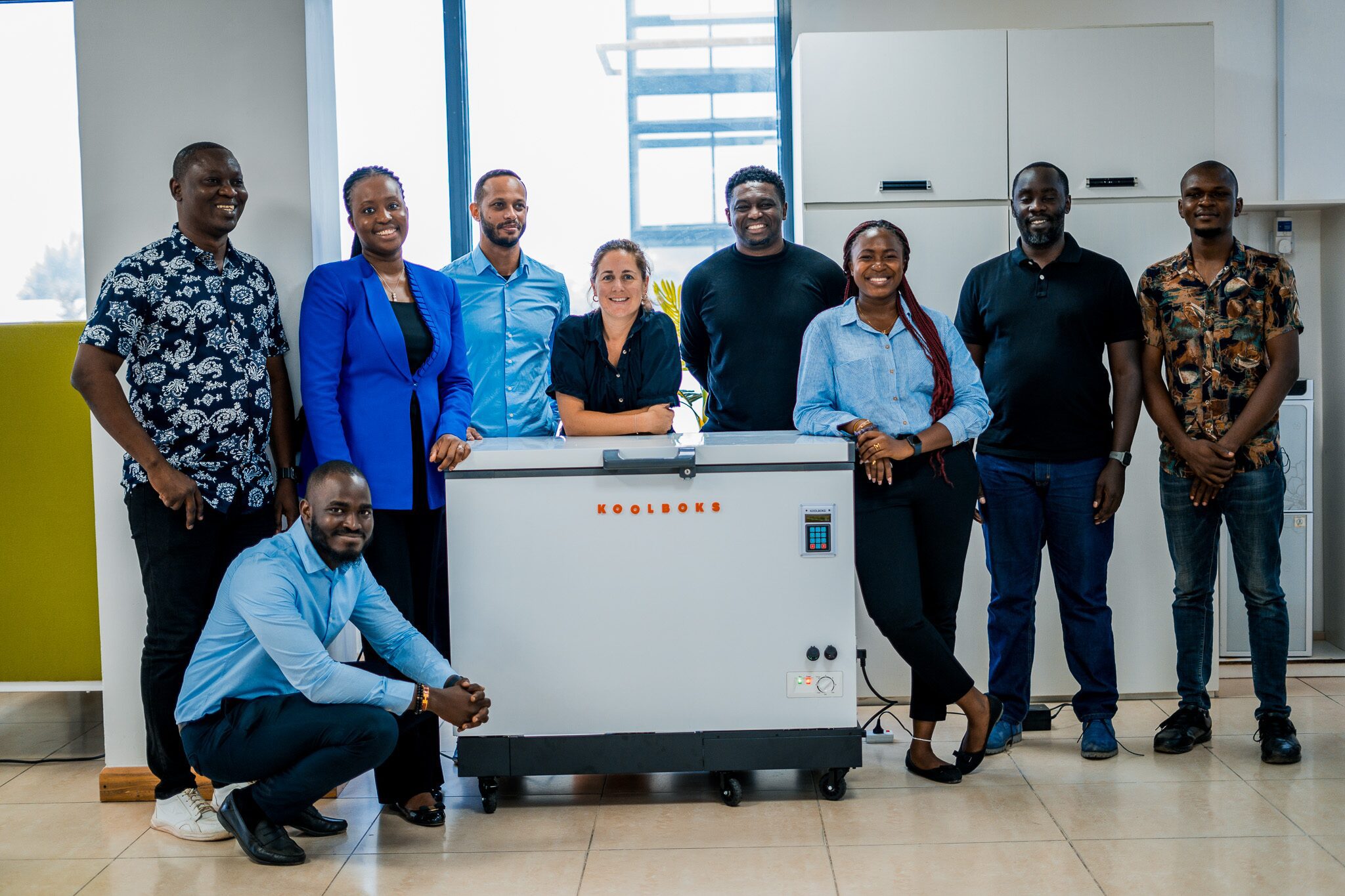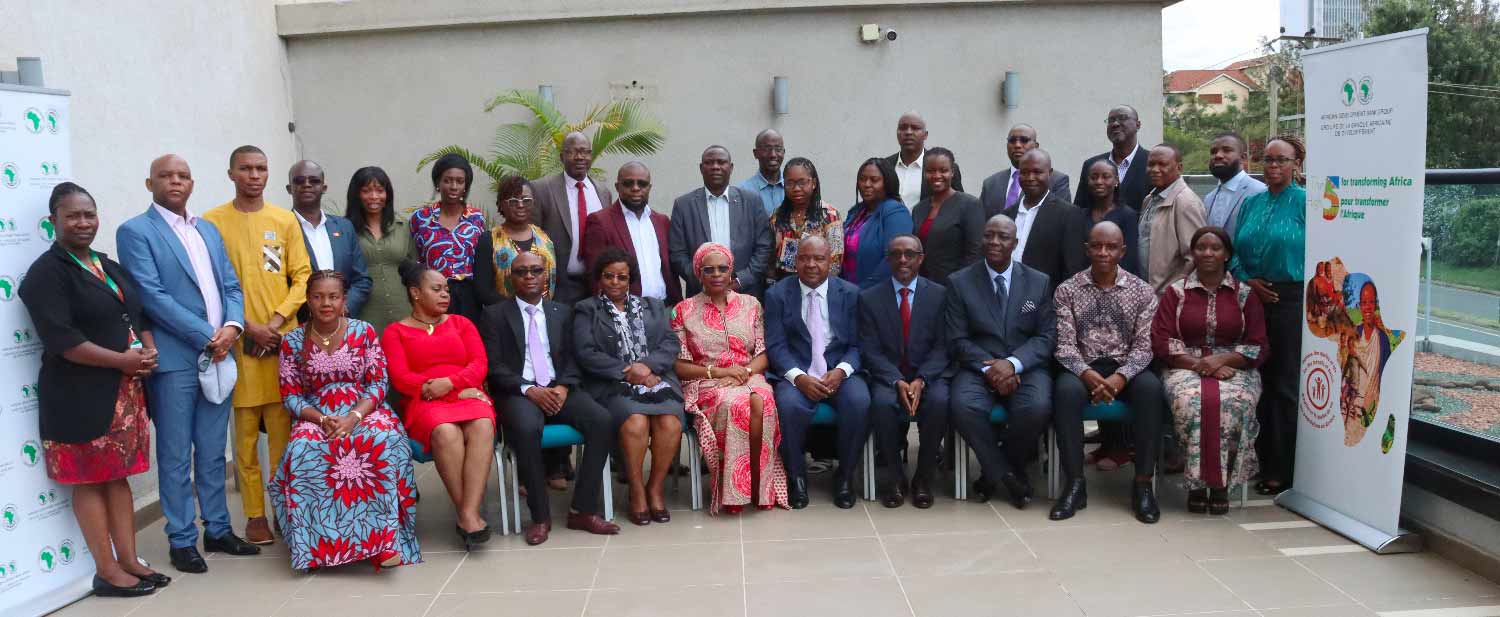
Thursday 31st July 2025

Por inAfrika Reporter
The African Development Bank and the Government of Burkina Faso officially launched the third phase of the incubator program under the Support Project for Youth Employment and Skills Development in Rural Areas (PADEJ-MR) on July 15, 2025, in Ouagadougou. The initiative represents a renewed effort to stimulate rural economic growth through entrepreneurship and practical skills training. Present at the event were Ms. Franceline Kaboré, representing the Ministry of Sports, Youth, and Employment, and Ms. Mouna Diawara, Head of Operations.
PADEJ-MR is a strategic intervention aimed at reducing youth unemployment by enhancing resilience and self-reliance through enterprise development. With an overall budget of €13.62 million, largely funded by a €12.25 million grant from the African Development Bank, the program provides comprehensive support, including practical training in financial education, safeguards, technical support, and personalized coaching.
This third phase of the incubator focuses on enabling 65 youth from four regions to develop fundable business plans in key growth sectors such as agriculture, agri-food, crafts, services, and technology. The design of the incubator encourages youth to transform viable ideas into functional businesses capable of generating income and employment within their communities.
Ms. Kaboré emphasized that the government views youth entrepreneurship as a core element of its national development vision. She commended the African Development Bank for its sustained commitment to youth employment, particularly in rural settings where opportunities are often scarce. Ms. Diawara added that the Bank sees this project as a key pillar in tackling rural youth unemployment and remains ready to support Burkina Faso’s broader economic transformation.
The success of the previous phases has already begun to bear fruit, with several young entrepreneurs receiving intensive training that will enable them to start meaningful businesses. Beneficiaries such as Sévérine Lankouandé expressed gratitude for the incubator’s impact, highlighting how it has opened doors and provided tools they had not previously accessed.
The initiative demonstrates a practical and scalable model of youth development that not only tackles unemployment but also enhances rural economies through value creation. As the program continues, stakeholders hope it will become a benchmark for similar rural employment schemes across the continent. With targeted investment in human capital, local innovation, and capacity-building, the PADEJ-MR incubator is positioned to make long-term contributions to Burkina Faso’s socio-economic growth.


